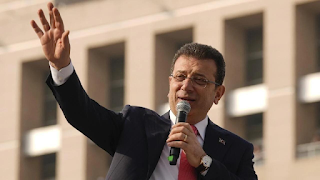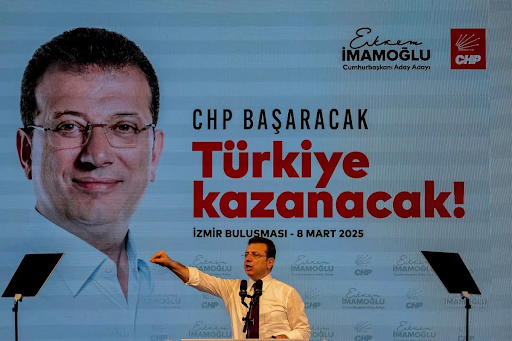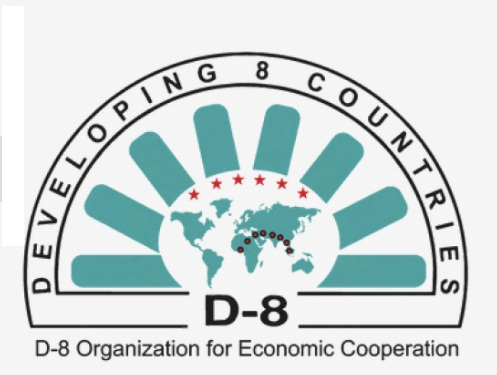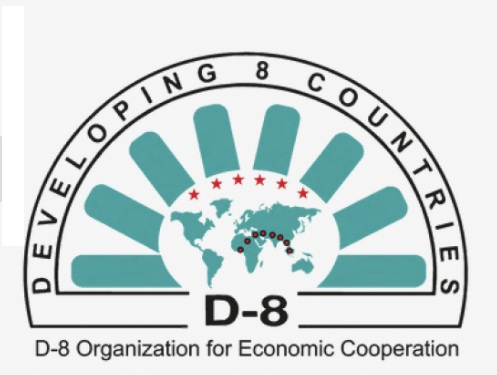
Iran–Pakistan Relations before and after the 12-Day Israel-Iran War
The recent 12-day war between Israel, US, and Iran has not only reshaped Middle Eastern dynamics but also sent ripples across South Asia—particularly impacting Iran's complex but evolving relationship with Pakistan. Although the two neighbors have shared a history of cautious cooperation punctuated by periods of distrust, the latest conflict appears to be accelerating a strategic convergence between Tehran and Islamabad. Just over a year ago, in January 2024, relations between Iran and Pakistan nearly derailed after a rare exchange of cross-border missile strikes. Iran targeted what it claimed were hideouts of the Sunni militant group "Jaish al-Adl" in Pakistan’s Balochistan province. Islamabad responded with airstrikes on Iranian territory, claiming to hit Baloch separatists threatening Pakistani sovereignty.
The 12-day war launched by Israel on Iran has reignited fears of regional destabilization. For Pakistan, the risk is not just ideological alignment with a fellow Muslim-majority state under siege; it's deeply strategic. Iran’s internal security vulnerabilities—exposed by Israeli strikes—create a vacuum that could empower militant groups like Jaish al-Adl, which have already carried out dozens of deadly attacks in Iran’s Sistan-Balochistan province. Pakistan fears that a weakened Iranian state would allow these groups to spill over into Pakistani territory, intensifying separatist violence in its own Balochistan province.
Moreover, the war has created space for greater alignment against perceived Israeli and Western aggression. Pakistan’s Defense Minister Khawaja Muhammad Asif publicly condemned Israel, warning that Islamic nations could face similar fates if they remain divided. At the United Nations, Pakistan’s envoy described Israel's actions as a threat to the entire region and expressed full solidarity with the Iranian people.
General Asim Munir, Pakistan’s powerful Army Chief, visited Washington mid-June—his first official trip since 2001. There, he cautioned U.S. officials, including former President Donald Trump, against supporting the Israeli offensive. Munir argued that toppling Iran’s regime would lead to chaos across Balochistan and empower groups like Jaish al-Adl, which Washington itself classifies as a terrorist organization.
In private discussions, Munir also warned of the precedent that bombing Iran’s nuclear infrastructure might set. Although Israel has historically remained silent on Pakistan's nuclear arsenal, Islamabad remains sensitive to parallels drawn with its own facilities.
Despite its public support for Iran, Pakistan remains interested in preserving its long-standing but strained relationship with the U.S.—particularly in light of renewed American interest sparked by the Iran conflict. Pakistan’s hope is to use this geopolitical moment to negotiate economic and strategic concessions from both Washington and Beijing.
Over the past decade, Pakistan has leaned heavily into its strategic partnership with China, especially through the China-Pakistan Economic Corridor (CPEC). Yet Islamabad understands that overdependence on China is risky, particularly amid growing U.S.-China rivalry. Diversifying economic partners while aligning diplomatically with both superpowers offers Islamabad a path to stability and leverage.
The 12-day war has likely accelerated the slow-burning strategic realignment between Iran and Pakistan. Historically divided by sectarian suspicions and divergent foreign policy priorities, the two nations now find themselves driven together by shared security concerns, declining Western engagement, and expanding Chinese influence.
This doesn’t mean a full-fledged alliance is inevitable. Deep mistrust lingers—especially over past proxy support and sectarian competition. However, as both nations face a common threat from Israeli aggression, cross-border militancy, and marginalization by Western powers, their overlapping interests may now outweigh historical grievances.
The war has made one thing clear: Iran and Pakistan can no longer afford ambiguity in their relationship. Whether driven by fear, necessity, or opportunity, they appear to be moving—cautiously but decisively—toward a more robust partnership.



















































